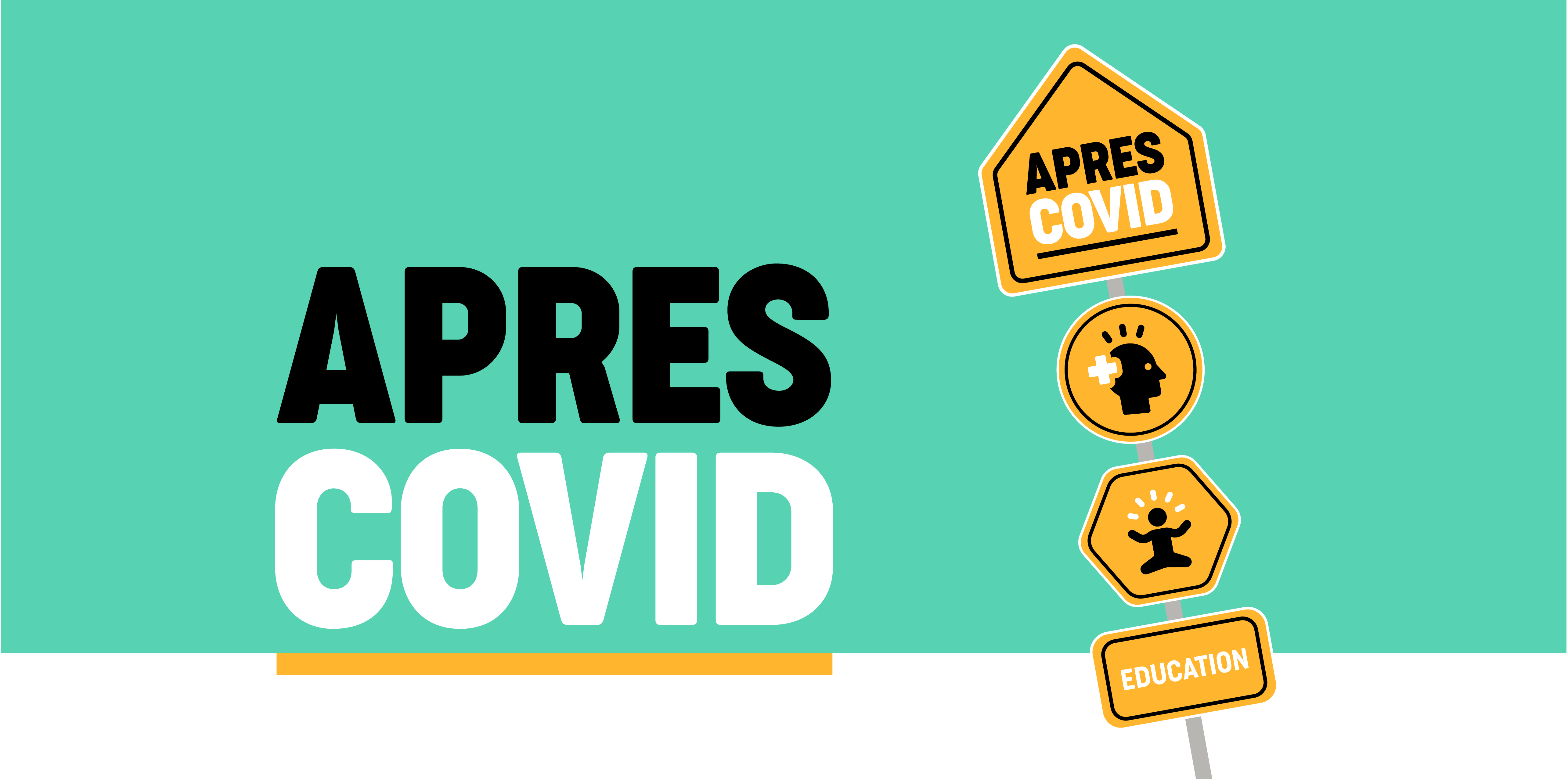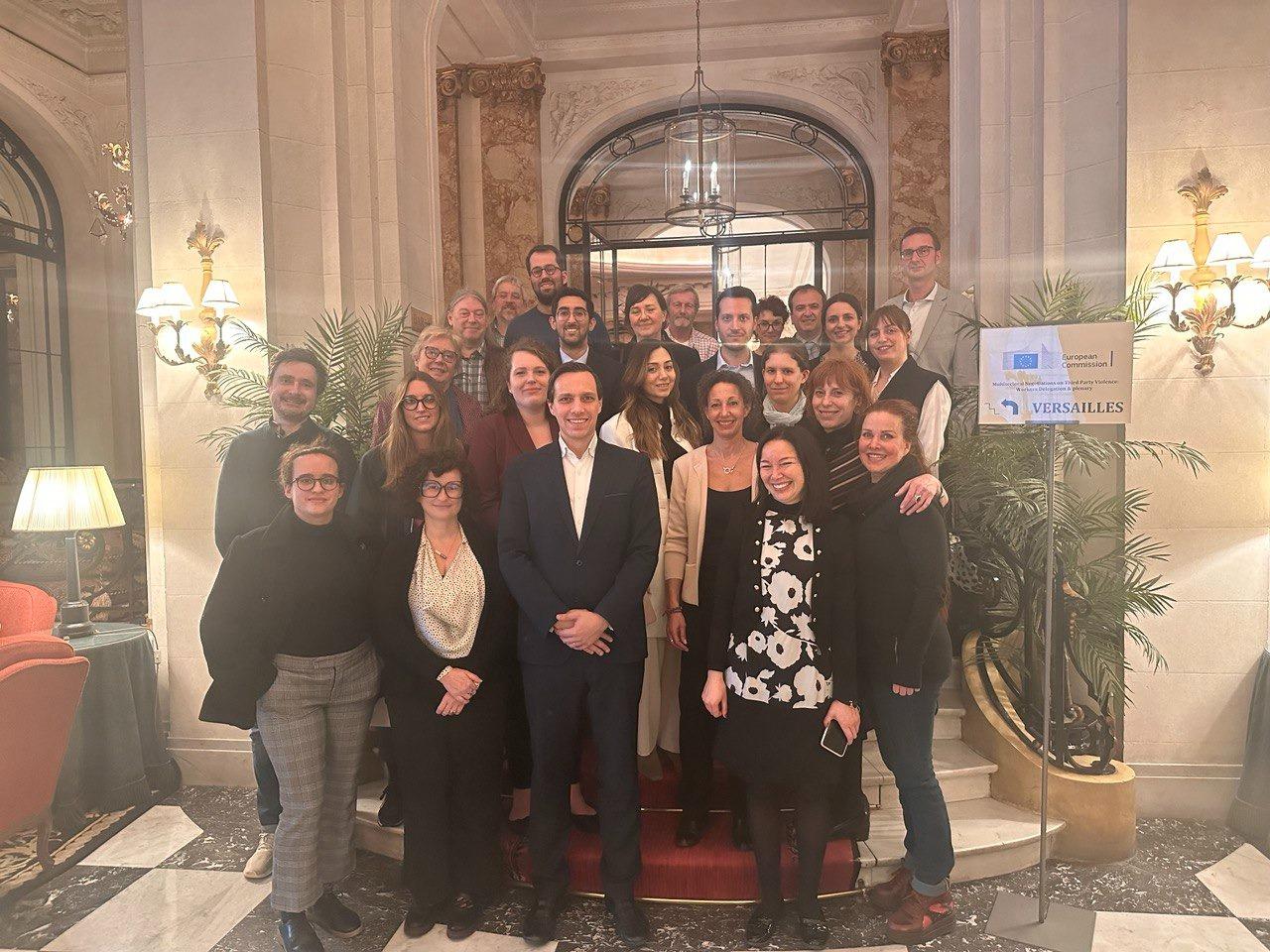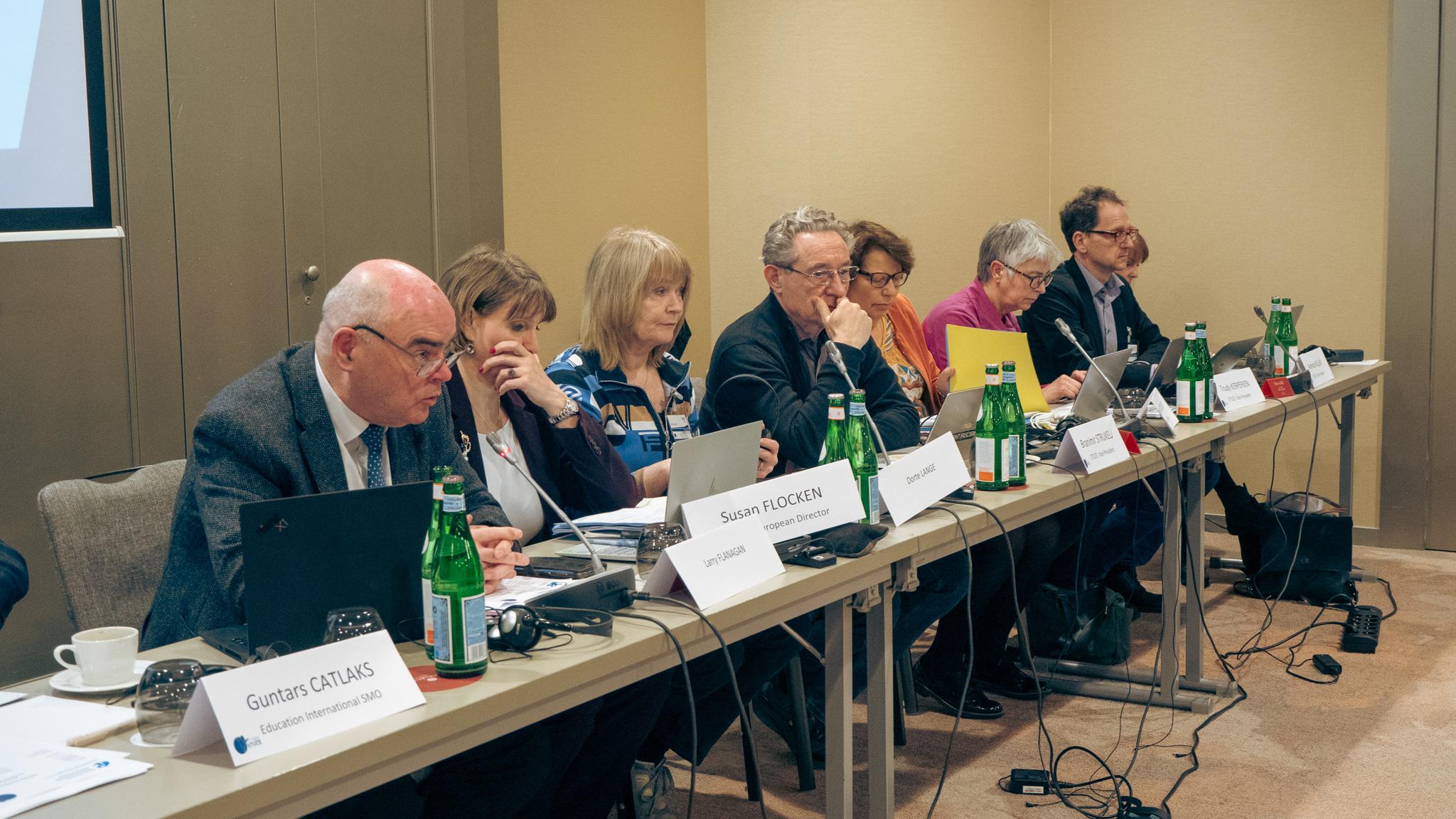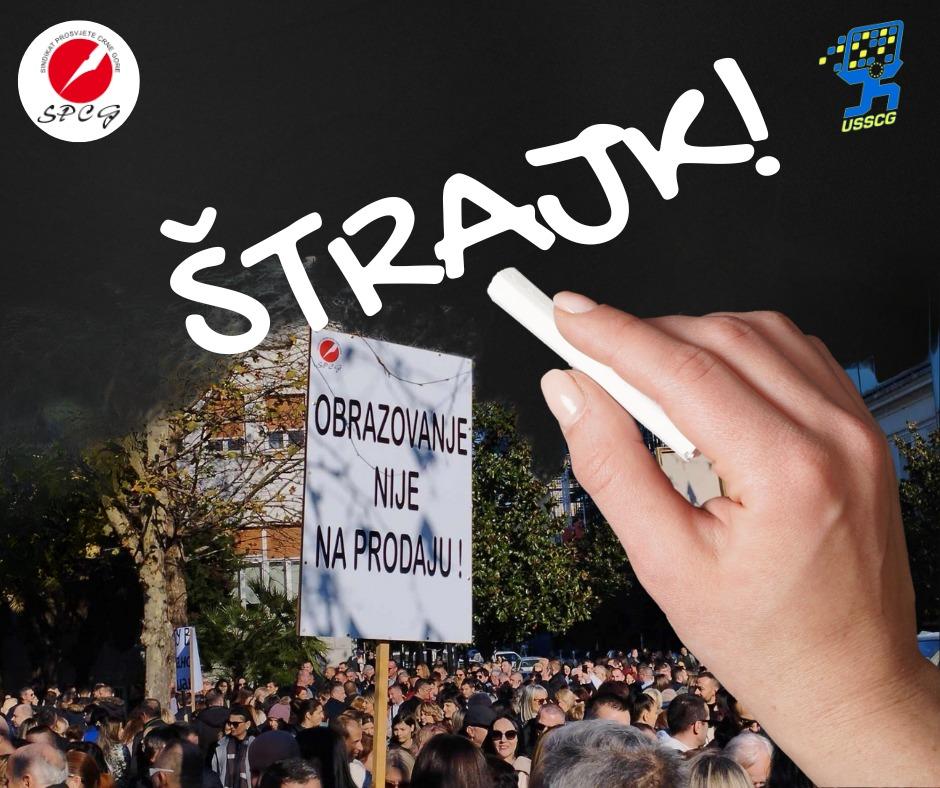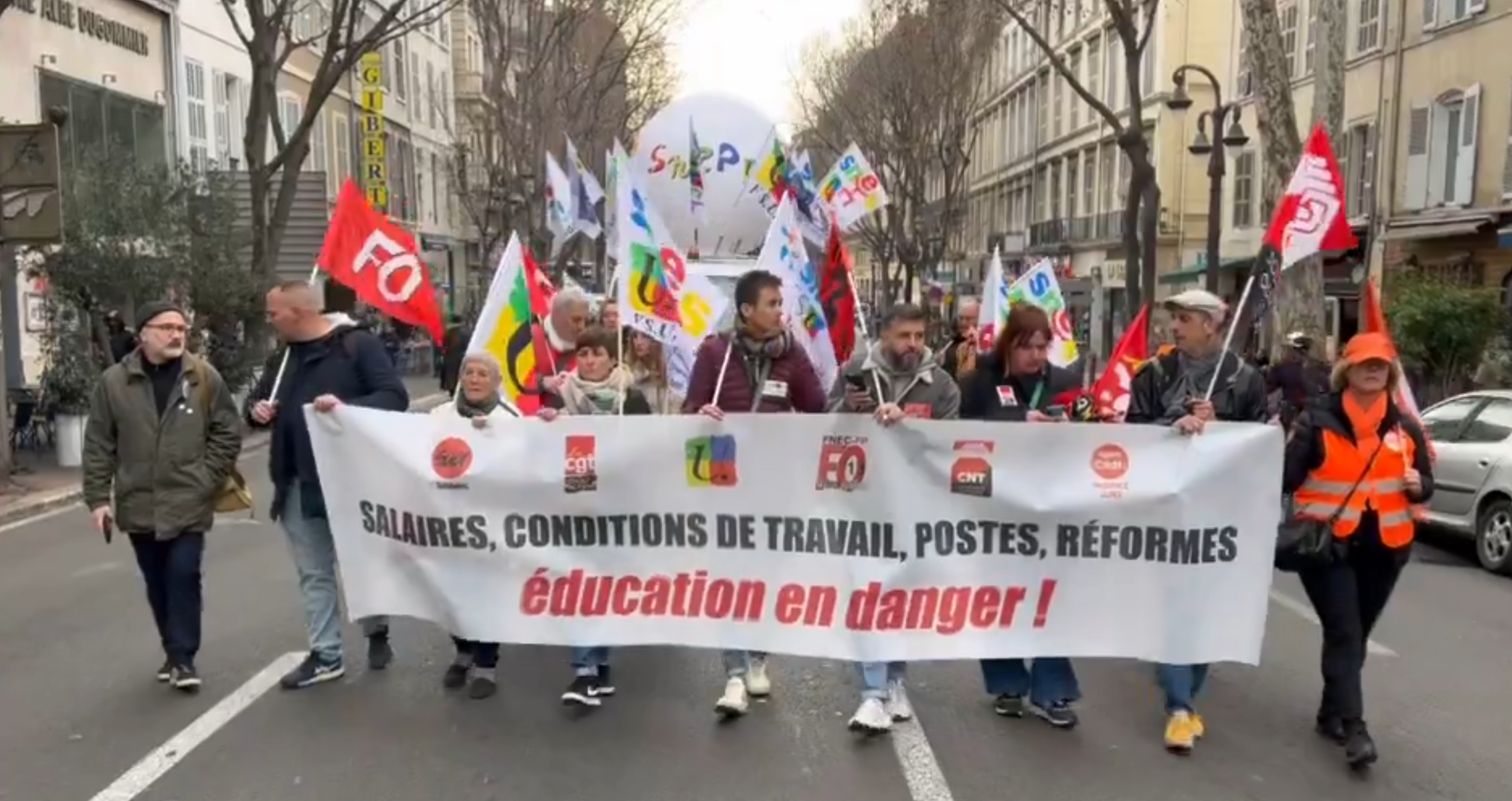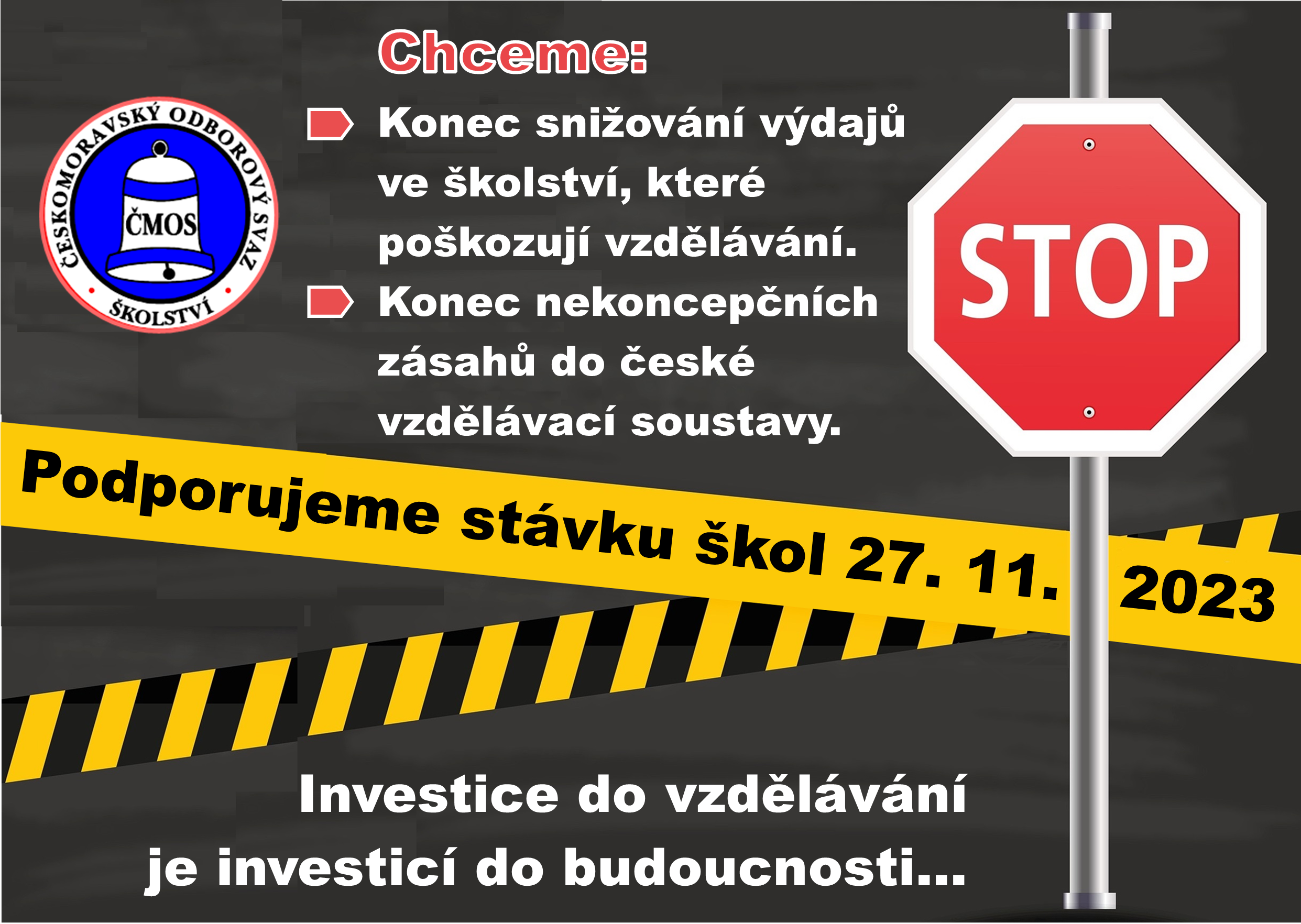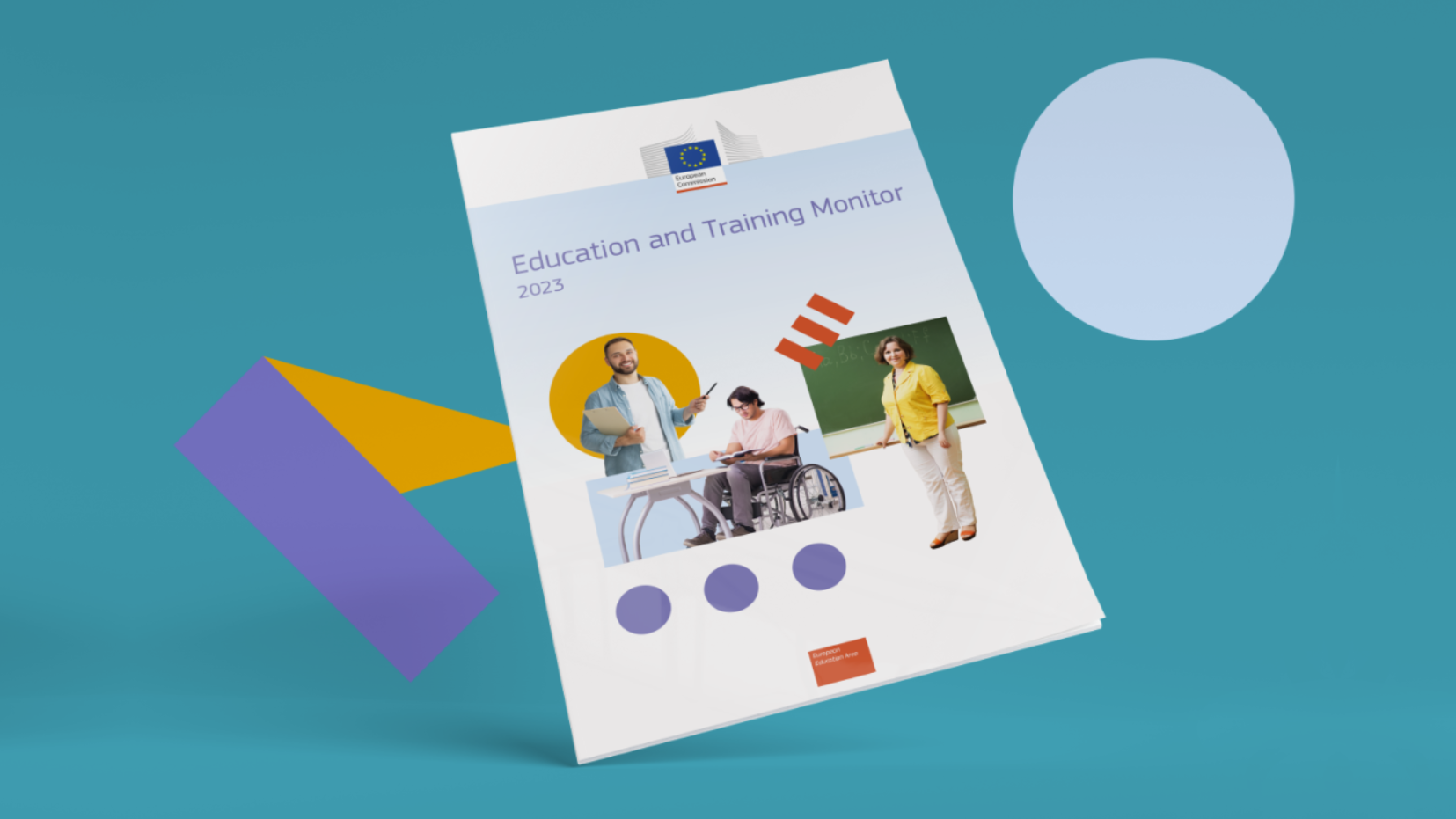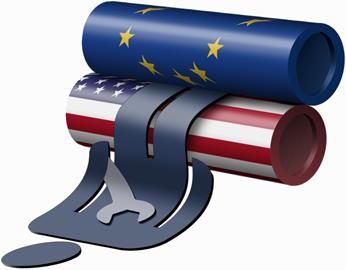ETUCE demands that public education in particular and public services in general be excluded entirely from the negotiations. TTIP poses significant risks to public education by restricting public policy space and could have the effect of locking in and intensifying the pressures of privatisation and commercialisation. ETUCE highlights that education is a human right and a public good, and it is the responsibility of governments to provide free quality public education for all. Education is simply too important to be subjected to the narrow commercial rules of trade agreements.
The ETUCE Committee adopted the ETUCE Statement on the Transatlantic Trade and Investment Partnership on 15 April 2014. The statement demands that education is entirely excluded from the TTIP negotiations. It is central to get this message broadly across the EU. ETUCE has therefore asked all member organisations in the EU to approach their national governments to ensure that education is entirely excluded from the negotiations on the Transatlantic Trade and Investment Partnership (TTIP).
Education and the TTIP
During the fourth round of negotiations it became evident that education is being targeted in the trade deal. The US chief negotiator, Dan Mullaney, said the US is aiming to expand access of US for-profit companies to all European service sectors including higher, adult and other education services. At the same time, no sector of education is excluded from the US target list. This stands in contrast to the message from the European Commission, which has stated many times that public services including education will not be affected. Despite the different announcements from the EU and US negotiators in the field of education, the European Commission has nevertheless repeatedly emphasised the need to open up service markets and making it easier to invest. The vague formulation regarding the anticipated exemption of public services in the TTIP, which encompass education, gives rise to conflicting interpretations and therefore aggravates the issue. Negotiators have indicated that they will follow the GATS (General Agreement on Trade in Services) exemption for public services. In GATS, public services are defined as services provided in the exercise of governmental authority that are delivered on a non-commercial basis and not in competition with other providers.
In cases were countries agree to liberalise education services, rules governing market access could restrict the ability of EU member states to limit the entry and regulate the quality of private and for-profit schools and institutions. Any measure adopted to promote high quality standards in licensing and accreditation processes could potentially be interpreted as a "disguised barrier to trade" or "more trade burdensome than necessary".
With most education systems in the EU containing a mix of public and private, not-for-profit and for-profit provision, the line between public and private education is not easily defined. Therefore commitments taken on private education services might also affect public education.
More information
- Joint EPSU, ETUCE, AK and ÖGB Training Seminar Report "Challenging the liberalisation of public services in TTIP and beyond" (Vienna 15-16 January 2015)
- ETUCE/EPSU Press Release: Liberalisation of public services in trade agreements: a danger for our social model (14 January 2015)
- ETUCE News 1/2015: In line with the ETUCE demands the European Ombudsman concludes that further steps to increase TTIP transparency is necessary
- Press Release: Trade deal under fire from teachers - Leaked EU TTIP offer on services opens door to privatisation (16 June 2014)
- ETUCE News 11/2014: ETUCE response to the European Ombudsman's public consultation on transparency of TTIP negotiationsETUCE response to the European Ombudsman's public consultation on transparency of TTIP negotiations
- ETUCE Newsletter 7/2014: ETUCE message to TTIP negotiators: Safeguard quality educationETUCE Newsletter 7/2014: ETUCE message to TTIP negotiators: Safeguard quality education
- ETUCE Newsletter 7/2014: Declaration of Joint Principles ETUC/AFL-CIO: TTIP Must Work for the People, or It Won't Work at All
- ETUCE Newsletter 6/2014: ETUCE Guidelines to the EC's public consultation on modalities for investment protection and ISDS in TTIP
- ETUCE Newsletter 6/2014: Teacher trade unions in Europe and the United States call on President Obama and President of the European Commission Barroso to safeguard quality education in TTIP
- ETUCE Newsletter 4/2014: The European Commission declares that public consultation is not a referendum
- ETUCE Newsletter 3/2014: European teachers and students raise concerns with US-EU trade partnership
